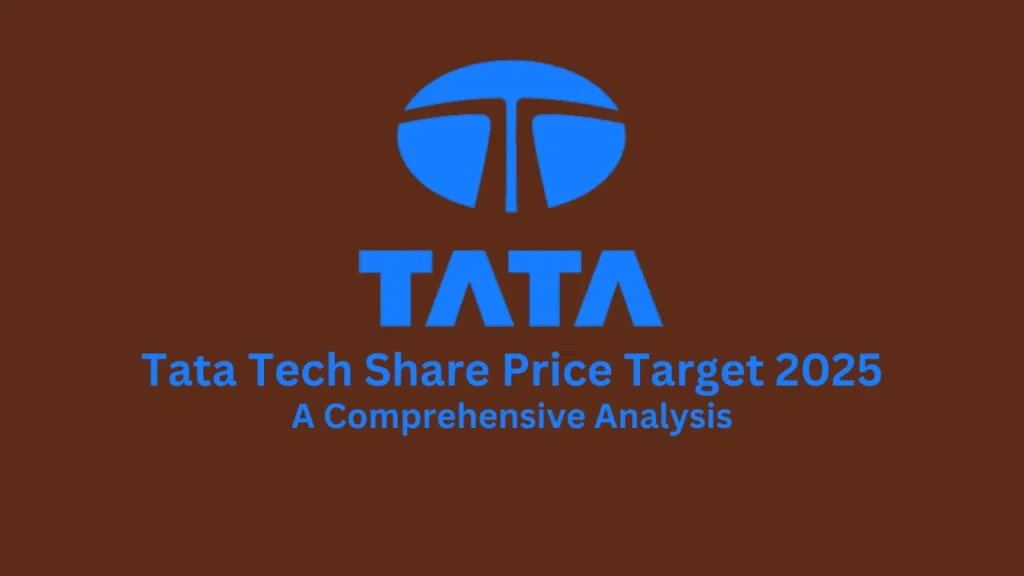If you’re planning to build a career in finance or accounting and you’ve started looking beyond the usual options, the CPA Course probably comes up pretty often. A lot of finance students and professionals in India are choosing to go for it instead of limiting themselves to local qualifications. The reason for that is simple – the Certified Public Accountant credential is not only respected across the world, it’s also built for people who want career flexibility, strong salaries, and a global work profile.
Whether you’re just finishing your B.Com, already a CA, or working in an accounting role, this is a qualification that can open a lot of career doors. But there’s still some confusion about who can apply, what kind of work you can get afterward, and how it actually compares to the other professional finance courses out there. So let’s take a closer look at the full picture… from CPA Eligibility to long-term career options in India and abroad.
What is a CPA Course?
You must be wondering – What is CPA if you are new to this. So, let us tell you that the CPA Course stands for Certified Public Accountant, and it’s regulated by the AICPA (American Institute of Certified Public Accountants). A CPA license allows you to practice public accounting in the US and qualifies you for a wide range of roles in areas like audit, tax, forensic accounting, reporting, financial planning, and risk analysis.
You don’t need to live in the US to pursue this course. In fact, thousands of professionals across India take the exam every year. What makes this course stand out is that it’s globally recognized, especially in countries where US-based accounting standards like GAAP or IFRS are in use.
CPA Eligibility for Indian Students and Graduates
One of the first questions people ask is whether they’re actually eligible to appear for the CPA exam. And the answer depends on how many credit hours your academic background gives you. The US CPA system works on a credit-hour model. To write the exam, you need 120 credit hours, and to apply for the license, you need 150 credit hours.
Since a three-year Bachelor of Commerce degree in India typically awards 90 credits, the vast majority of students will need to get an additional credential, such as an MBA in Finance, 30–60 more credits, or complete a bridging course.
If you’re a qualified CA from India, you’re in a better position. Most state boards in the US accept the CA qualification as part of the required credit hours, bringing you closer to CPA Eligibility. However, it’s always better to go through an education partner who can map your academic history against the requirements of individual US states, since each has slightly different rules.
Structure of the CPA Course
The CPA Course is made up of four exams:
- Auditing and Attestation (AUD)
- Financial Accounting and Reporting (FAR)
- Regulation (REG)
- Business Environment and Concepts (BEC)
Each exam is four hours long and designed to check whether you can apply accounting and legal knowledge in real-world situations. You don’t need to clear all papers in one go, but you do need to complete all four within 18 months from the date of your first pass.
There’s no group system like CA. You can plan each paper on your own schedule, which is ideal if you’re working or have other priorities. The questions are a mix of multiple-choice, task-based simulations, and written communication tests.
The CPA exams are conducted across several international locations, including parts of India, so you don’t always need to travel abroad to take them.
Career Opportunities After CPA in India
For Indian professionals, the CPA Course creates access to roles that usually require exposure to US or global financial systems. Think about companies like Deloitte, PwC, EY, KPMG, and MNCs that have offshore finance operations in India. These organizations regularly hire CPAs to manage accounting standards like US GAAP, SEC reporting, and SOX compliance.
If you’re looking at salary, fresh CPAs in India can expect packages ranging from INR 7 to 12 lakhs, depending on your background. If you’re already a CA or have prior experience, this goes higher. In fact, roles in global advisory, forensic accounting, or cross-border tax planning can go above INR 18–25 LPA within a few years.
A lot of Indian CPAs also work with startups, private equity firms, fintech platforms, and international banks that need professionals who understand both Indian and global reporting norms. The course doesn’t just get you a title—it positions you for long-term growth in high-responsibility roles.
Global Career Options After CPA
The CPA Course not only opens doors in India, but also in the US, the Middle East, Canada, and even Australia for candidates. In many of these countries, having a US CPA lets you skip parts of the local licensing process or makes you a stronger applicant for multinational finance teams.
In the US itself, CPA salaries usually begin from $60,000 to $75,000 and grow quickly based on experience and location. You could start in audit or financial reporting and move into consulting, taxation, or even leadership roles with the right exposure.
Employers see the CPA as proof that you can manage complex reporting, compliance, tax codes, and ethical standards across borders. And unlike regional qualifications, the CPA is portable—it doesn’t tie you to one country or one rulebook.
Preparing for the CPA Alongside Work or Studies
The course is designed in a way that makes it realistic to prepare even if you’re working full time. If you can commit 10 to 15 hours a week, with the right study material and planning, you can complete the entire course in under 18 months. Many learners choose online coaching platforms that help manage both the credit evaluation and preparation.
Your prep strategy doesn’t need to be overly intense… consistency matters more than volume. Since the exams are modular and scheduled year-round, it’s easier to fit them around your life compared to more rigid systems.
Final Thought
A lot of people wait too long trying to decide if this course is the right one or not. If your long-term goal includes working in global finance, or you want a title that gives you job security and recognition across borders, then the CPA Course is already the right move.
At Zell Education, we’ve worked with thousands of Indian students and professionals who are now CPAs working in India, the US, and the Middle East. The preparation process, eligibility evaluation, and career guidance are all built around helping you pass quickly and take control of your career goals.



